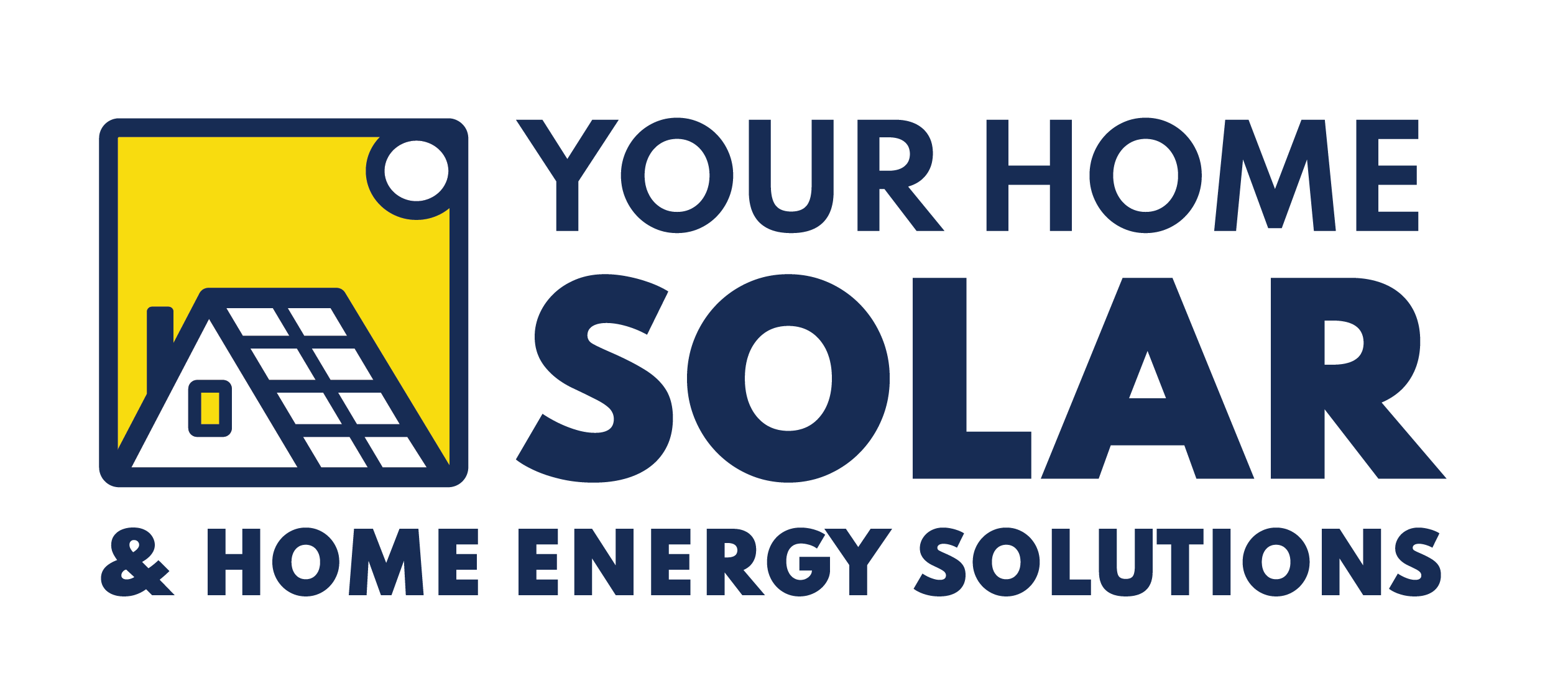Solar Energy and the Grid
Net Metering in Tennessee
We recommend that you inquire about your specific utility’s policies if you’re considering solar. The team at Your Home Solar can also help you navigate this process and find the information you need.

The Role of the Utility Company in a Solar Setup
Even with a solar panel system installed at your home, your utility company continues to play a crucial role in your energy setup
Supplemental Power Supply
Utility Credits
Grid Maintenance
While a solar panel system allows you to generate a significant portion of your own power, the utility company and the electrical grid remain crucial components of a residential solar setup.
How Solar Energy is Fed Back Into the Grid
This is facilitated by your solar system’s inverter, which has the crucial job of converting the direct current (DC) electricity that your panels produce into alternating current (AC) electricity that your home can use. The inverter is also designed to safely and efficiently coordinate with the grid, enabling excess power to be fed back into it.
However, it’s important to remember that in the event of a power outage, most grid-tied solar inverters are designed to shut off for safety reasons. This is to avoid potentially sending electricity into the grid, which could pose a risk to utility workers repairing the power lines.
If you’re a resident of East Tennessee considering the transition to solar, Your Home Solar is here to help. We offer expert advice and free inspections to get you started on your journey to a more sustainable and potentially cost-effective energy future. Contact us today for a free estimate.
Empower Your Home with Solar Energy in East Tennessee!
Your Home Solar offers an incredible opportunity to empower your home with clean, renewable solar energy. Contact us today for a free consultation.
